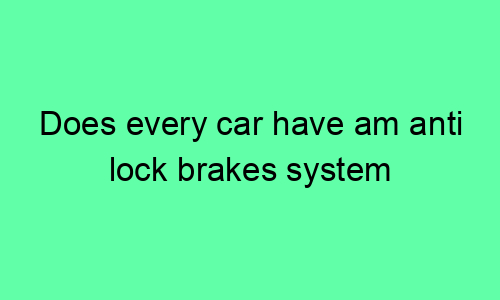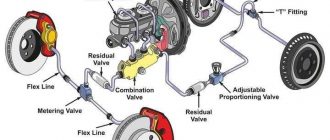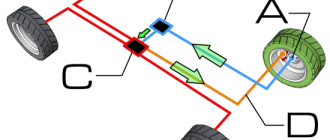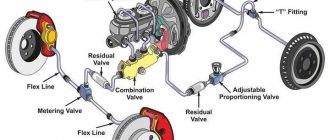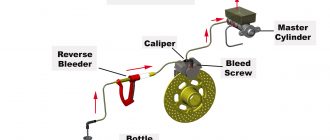Does Every Car Have Anti-Lock Brakes?
What is an Anti-Lock Braking System (ABS)?
An anti-lock braking system (ABS) is a safety feature that prevents the wheels of a vehicle from locking up during braking. This allows the driver to maintain control of the vehicle and steer while braking, even on slippery surfaces.
How Does ABS Work?
ABS works by using sensors to detect when a wheel is about to lock up. When a wheel is about to lock up, the ABS system reduces the brake pressure to that wheel, allowing it to continue rotating. This prevents the wheel from skidding and allows the driver to maintain control of the vehicle.
Is ABS Required on All Cars?
In the United States, ABS is required on all new passenger vehicles with a gross vehicle weight rating (GVWR) of 10,000 pounds or less. This includes cars, trucks, SUVs, and vans.
In other countries, the regulations regarding ABS may vary. For example, in the European Union, ABS is required on all new passenger vehicles regardless of their GVWR.
Benefits of ABS
ABS provides a number of benefits, including:
- Reduced risk of skidding
- Improved steering control during braking
- Shorter stopping distances on slippery surfaces
Disadvantages of ABS
ABS also has some disadvantages, including:
- Increased stopping distances on dry surfaces
- Can be noisy
- Can be expensive to repair
Conclusion
ABS is a valuable safety feature that can help prevent accidents and save lives. However, it is important to be aware of both the benefits and disadvantages of ABS before deciding whether or not to purchase a vehicle with this feature.
